In Chicago, I thought that minus 10 Celsius in November was cold. Now I know better. Having arrived in Québec city, in the French-speaking part of Canada, I’ve experienced what real cold feels like when getting off the airplane. This land of frost is my home for roughly two weeks, until my flight back to tropical Germany. Here, I spend Christmas and New Year’s with my friend Sarah and her family. This is undoubtedly one of the best ways to experience a place’s culture: Being there in its signature period – winter – and celebrating an important religious event with the locals. I have the honor to get to know Québec and share my thoughts on its frosty culture.
France meets the US
In one sentence I would describe Québec as “A scramble of France and the US with some ice cubes added”. Both cultures have important influences on the region, almost as if a French girl and an American guy had one day decided to found a country around the Saint Lawrence River.
Let’s first look at the French part of the scramble. Apparently, people in Québec speak French. Not quite the same as in France, it’s an old version from the 18th century with a funny sound. Even though there are people I barely understand, I can survive with my French skills. There’s more than language though that reminds me of France in this country of frost. Religion, for example. Or let’s better say the absence of religion. Just like in France, “Laïcité”, a form of secularism is fundamental to the region’s law. For some professions, it’s forbidden to wear religious symbols and churches suffer from a strong decline in mass attendees. Many churches in the country have been converted into other buildings, like libraries or community centers, due to a lack of believers on Sundays. Even on TV, this is visible: A broadcasted mass on the 25th of December showed an almost empty church – on that day of the year!
One more thing that reminds the visitor of France is pride: Of the language and the region. Every popular American Christmas song on the radio has its French translation and some people don’t really speak English at all. Furthermore, the land of frost’s inhabitants – the Québecois – agree that they’re more important than other Canadians who they refer to as “ROC” or “Rest of Canada”. Or at least they are sure that they are different.
Despite all this French atmosphere, Québec is still in North America and shares a border with the US. There are many details that remind me of the States: Immense distances that seem naturally shorter for people here. Highways with 50 meters of useless space between the lanes that go in either direction. Giant supermarkets like Walmart and Costco are very popular. Pickup trucks in front of big villas in suburbs are a common discovery. Gasoline is cheap and cars dominate rather than public transport. In short, Canada is big, just like the US, and Québec is no exception. Thinking big, dreaming big and driving big cars is what makes the Québecois American, not just French.
Dealing with Frost
Have you ever seen a river full of floating ice sheets? Have you ever spent Christmas playing on 3-meter snow walls in front of your house? The Québecois are used to all of this at only about 100 meters above sea level. In Austria, it may be cold in the mountains, whereas here everyone has grown up with extremely cold winters.
It’s fascinating how different basic understanding of temperature levels can be. “Tomorrow will be a warm day” means that the outside temperature will be around -5 Celsius. “Cold” starts at -15 and goes down to -30. Thinking about all the times I have complained about 0 Celsius, I’ve realized how different our assumptions about basic things like temperature can be. The definition of what’s cold is so fundamental that we never question that others might have a different one. We have been raised to deal with the temperatures of our childhood, we know which jackets to wear and how to shovel away snow in front of our houses. Arriving in a place like Québec made me feel like an alien at first. Body and mind need some time to adapt to the new definition of cold. Like with language or local customs, an essential part of the intercultural experience is to deal with the challenges provided by nature itself. Cultures evolve around these challenges – the Québecois build brick houses with thick walls and everyone can drive on snow-covered roads with ease. As a stranger, I’m still adapting to these new circumstances.
A sport mystery
Apparently, the scramble of France, the US, and some ice cubes has a few cultural surprises to offer. Before coming here, I knew about some of them, but I also had questions on my mind. The most important one that has been nagging me for years: “Why is Ice Hockey the national sport of this country?”
In most places around the world, the honor of being the national sport goes to soccer. Considering how simple it is to pick up a ball and play wherever you are, this is not a surprise. Looking at all the mountains we have in Austria, it’s also no surprise that skiing is our national sport. But Ice Hockey? All the equipment you need, the required ice rink and the brutality of the sport have made me wonder how Canadian kids would start playing at a young age. Such mysteries are often quickly resolved when getting to know the place they are about and so it was the case in Québec.
In Québec city, every district has its public outdoor ice rink. Locals go there to play hockey whenever there is ice and the cold guarantees that this is the case for several months every year. Some people even have their own playing field set up in the garden; the family who I’m spending Christmas with for instance. I’ve therefore had the chance to play the sport myself and, surprisingly, this is possible for an Austrian. Rather than breaking both legs, I had a lot of fun playing Ice Hockey. It might be a fast sport but it’s not as brutal as expected. Now, I fully understand that seven-year-olds can be thrown on ice to become Canada’s heroes of tomorrow. The mystery has been resolved.
The land of frost surely has more mysteries and surprises to offer than what I’ve discovered during these few Christmas days. It’s refreshing for the mind to learn a new kind of French, to deal with the cold and to eat “Poutine” – the regional specialty made of fries and cheese. Traveling in Québec is another adventure, another cultural experience after three months in the US, another main dish for the curious mind, before returning to Germany.

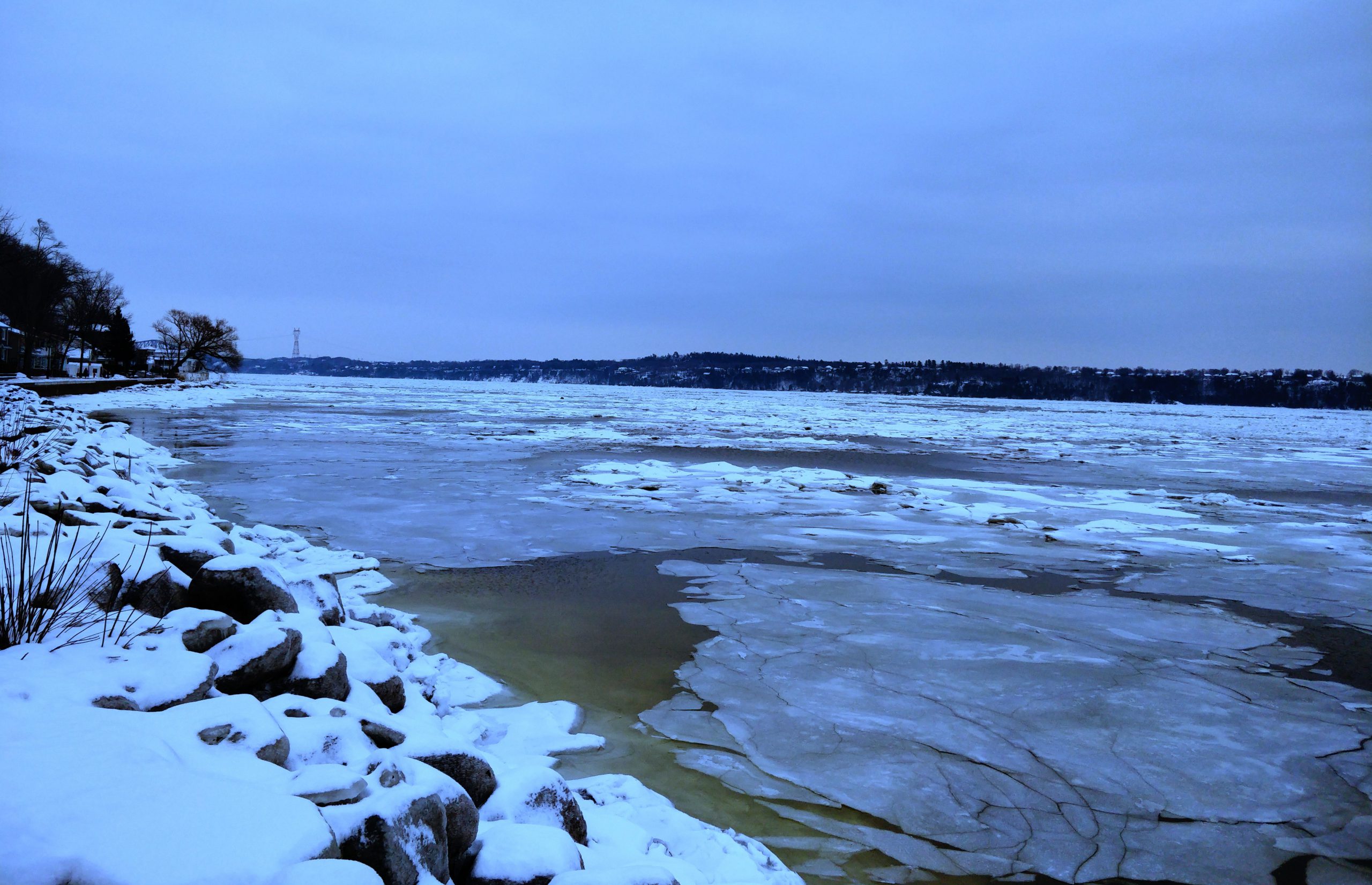
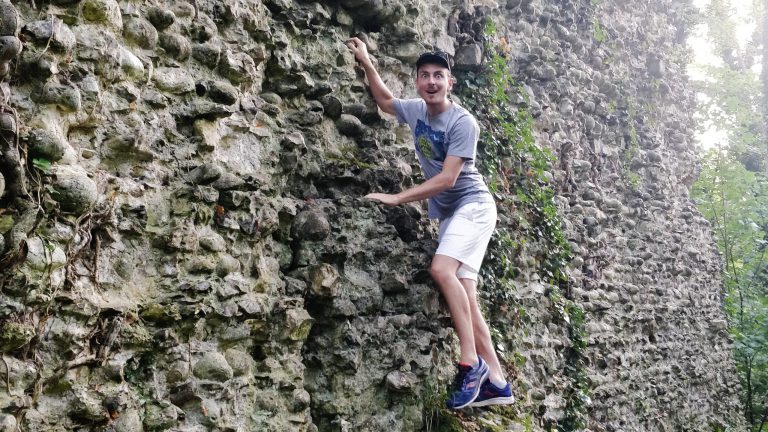
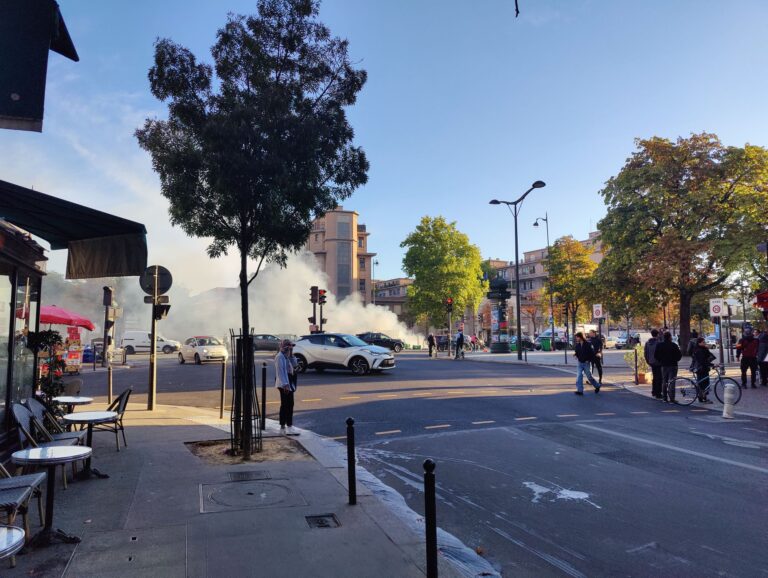


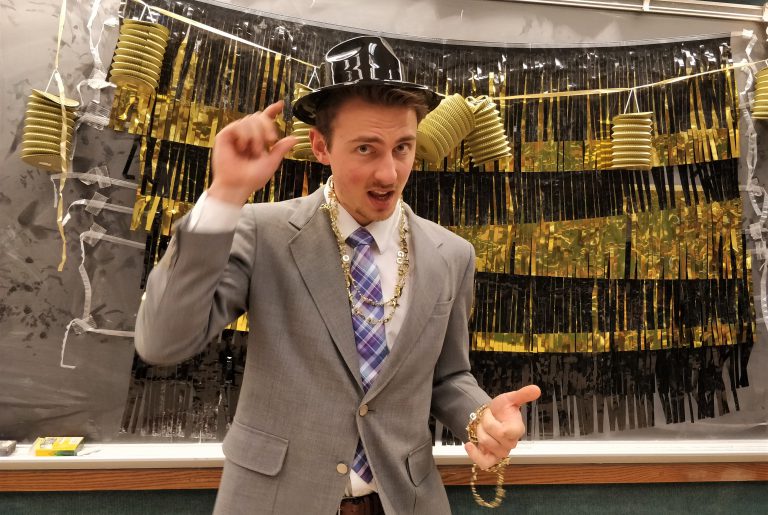
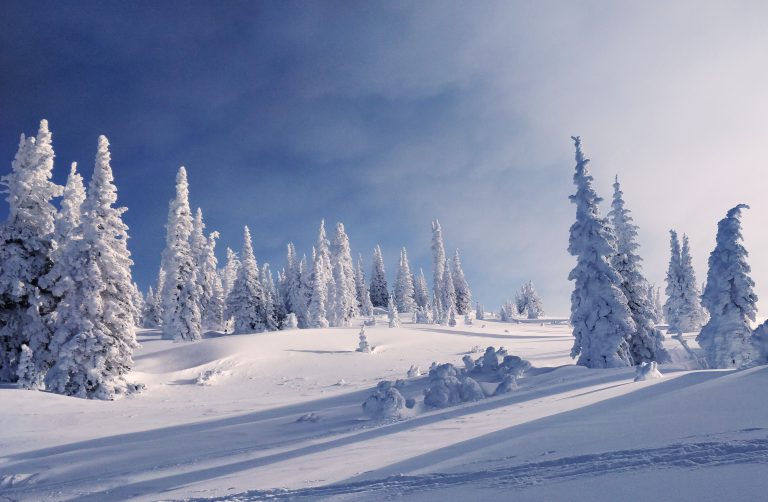
Hope you enjoy some extra Poutine and « double double » from Timmies (Tim Hortons) 🙂
Timmies is still on the bucket list!